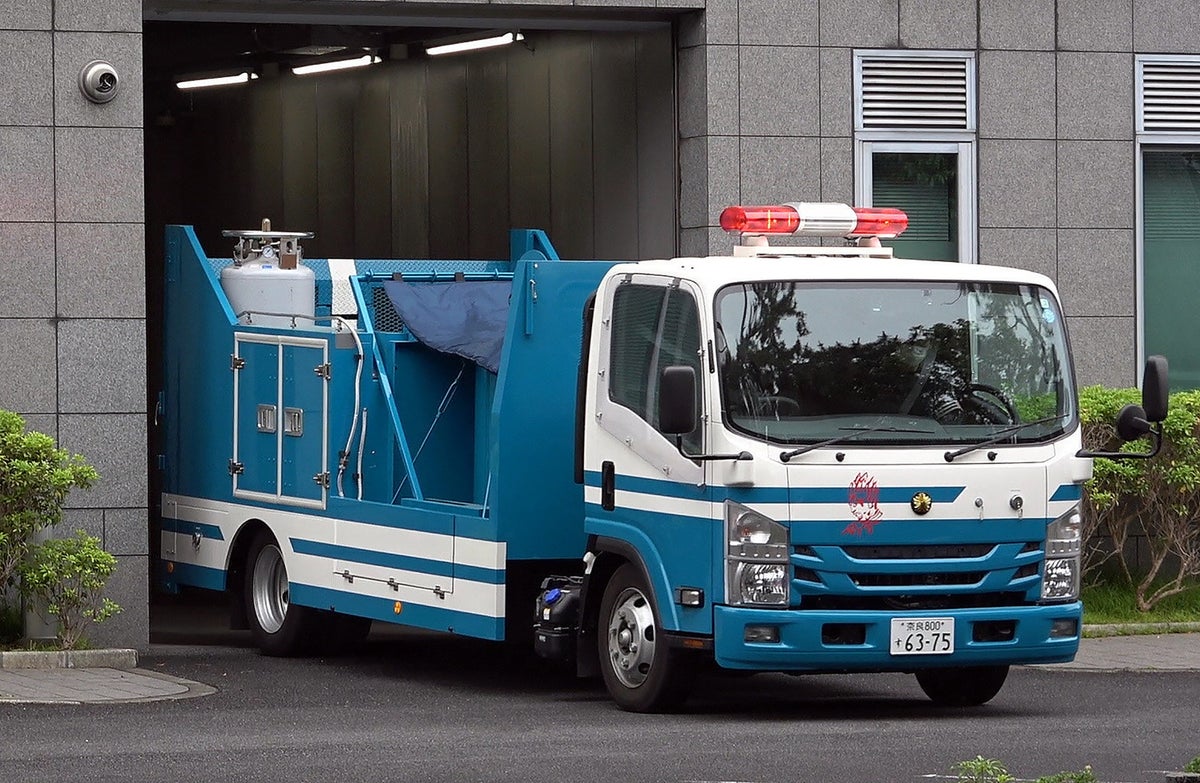‘Bomb scare’ at Shinzo Abe murder trial turns out to be box full of petitions calling for leniency


A Japan district court scheduled to try a man indicted in the fatal shooting of former prime minister Shinzo Abe cancelled the trial after a “suspicious” box was recovered from within the premises.
The visitors and court staff were evacuated as the officials in Nara District Court checked the box with a metal detector before reporting it to the Nara Prefectural Police.
On inspection, the officials found that it contained petitions with signatures seeking leniency for defendant Tetsuya Yamagami, reported Kyodo News citing sources. The petition contained signatures of about 13,000 people.
The box was delivered to the person responsible for the pretrial procedure around 11.15am on Monday and did not have any dangerous object. While the procedure was due to begin at 3pm local time, it was eventually cancelled.
A person based out of Kiyose, Tokyo, reportedly admitted to the police that they sent the papers to the court but denied using staples or paper clips, adding that he was unsure what activated the metal detector, reported Kyodo News.
Mr Yamagami was taken into custody immediately after Abe was killed while giving a campaign speech in Japan’s Nara City on 8 July last year. A former member of the Maritime self-defence force, Mr Yamagami allegedly used a homemade gun to attack Abe.
At the time of the shooting, Mr Yamagami, 41, had told the police that he killed the former president because of his links to religious group he hated, triggering a public debate on the Unification Church and its ties with Japan’s dominant Liberal Democratic Party.
According to statements and evidence released in the public domain, the accused was reportedly distressed from the massive donations that his mother made to the Unification Church, which bankrupted the family.
The Unification Church has been described by critics as “cult -like” as it sends its followers to work as volunteers, known colloquially as “Moonies”, to pressure devotees into making large donations.
Prosecutors charged Mr Yamagami for the killing, earlier in January this month, after a six-month-long mental evaluation concluded that he was fit to stand trial. He was indicted on charges of murder and violating gun control law in the country.
His lawyer, Masaaki Furukawa, at the time of his indictment said that Mr Yamagami will have to take the responsibility for the serious consequences of his alleged actions and the defence lawyers will work to have his sentence reduced.
xnxx,
xvideos,
porn,
porn,
xnxx,
Phim sex,
mp3 download,
sex 4K,
Straka Pga,
gay teen porn,
Hentai haven,
free Hentai,
xnxx,
xvideos,
porn,
porn,
xnxx,
Phim sex,
mp3 download,
sex 4K,
Straka Pga,
gay teen porn,
Hentai haven,
free Hentai,




